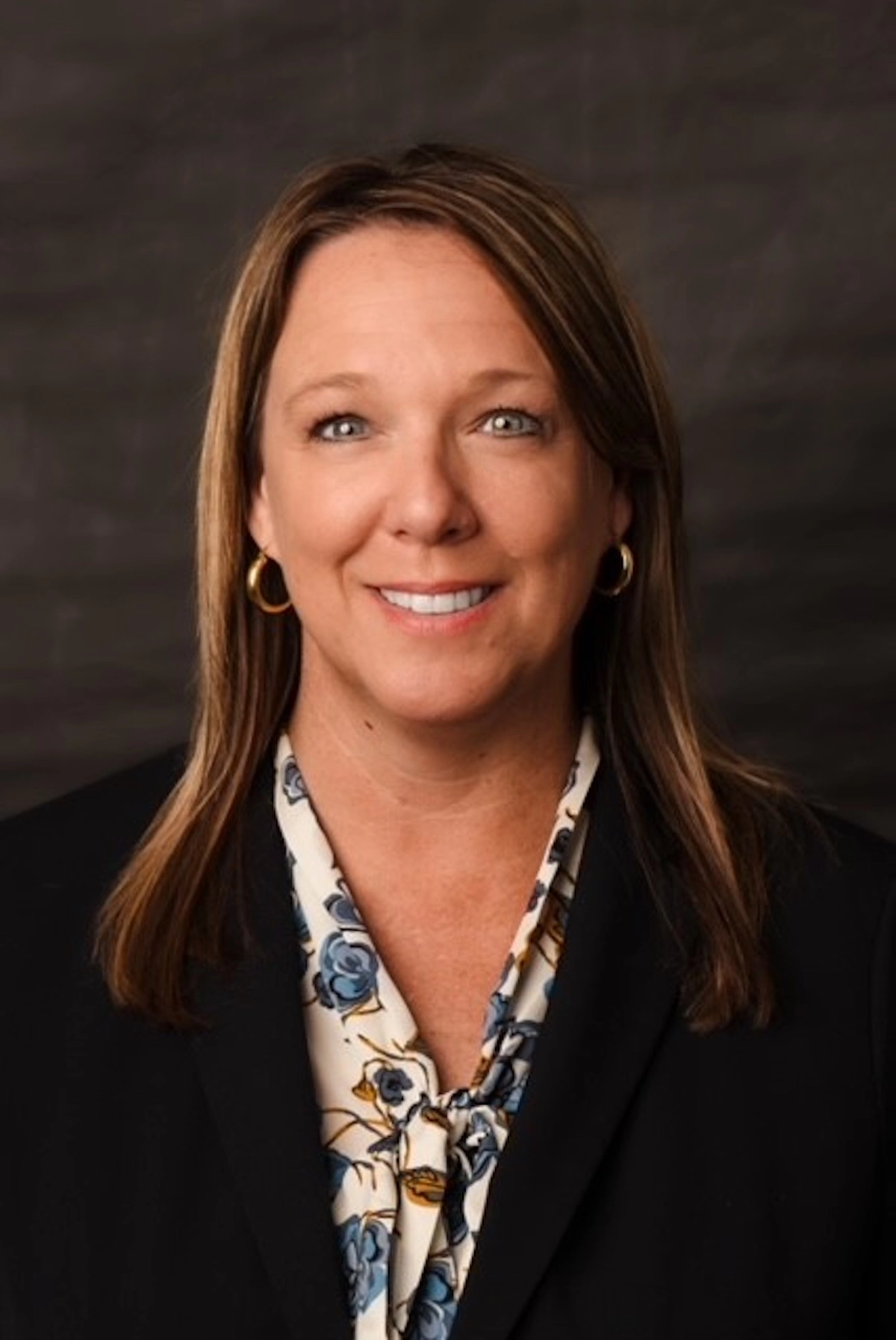The Beaufort County School District will receive 18 new school buses – the district’s first buses powered with propane – through the state’s settlement agreement with Volkswagen, Gov. Henry McMaster announced July 30.
New buses for Beaufort County and three other school districts are being funded from South Carolina’s portion of a $2.9 billion settlement reached with Volkswagen on behalf of all 50 states. The agreement was reached after the car manufacturer admitted to altering devices on its cars that were designed to cheat U.S. emission tests.
Two-thirds of Beaufort County’s 181 school buses are supplied by the S.C. Department of Education, which operates the nation’s oldest fleet. The district’s 18 new state-supplied buses – Thomas Built Saf-T-Liner propane models – will replace models that are 31 years old.
The infusion means that only a handful of state-supplied 1988 models will remain in Beaufort County, and those will serve only as substitute vehicles.
Although the General Assembly has adopted a 15-year replacement cycle for buses, it has not budgeted sufficient funds each year to maintain that cycle.
“These new buses are certainly a positive step,” district superintendent Frank Rodriguez said in a release. “We’ve done a lot locally to make our district bus transportation system more reliable by adding new vehicles, including 44 new buses that we leased ourselves. Newer buses mean fewer mechanical breakdowns, and that means fewer students arriving to school late and fewer students arriving home late.”
State Superintendent of Education Molly Spearman said the new buses will cost half as much to fuel and maintain as the 1988 models they will replace, and also are better for the environment.
Beaufort County School District Transportation Director Eldridge Black said the district expressed an interest to the state last spring in obtaining new propane-powered buses through a state grant program. In addition to providing the 18 new vehicles, Black said, the state also will provide funds to construct required infrastructure such as fueling equipment and a 2,000-gallon propane tank.
The district’s only financial commitment is providing electric power to the new fueling station, and district officials estimated that construction cost at $25,000 to $40,000.
Propane buses have engines that burn “cleaner” and produce fewer harmful emissions than traditional diesel-powered buses. In addition, Black said, propane-powered engines have fewer moving parts and require less maintenance.
The district expects delivery of the new buses by early 2020. The fueling station will be constructed at the school district office in Beaufort, and initially the new buses’ routes will be focused on northern Beaufort County. The propane-powered vehicles will be used on shorter routes due to their 200-mile range.
The other three S.C. districts to receive propane-powered buses through the VW settlement agreement are Horry, Lexington District 1 and Richland District 2.
About 12,000 of the Beaufort County School District’s 22,000 students ride a bus to or from school each day, and district buses – including 44 owned by the district – total about 11,000 route miles each day.





